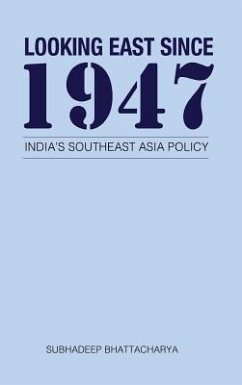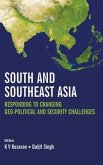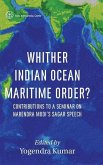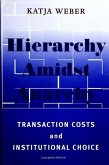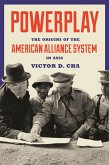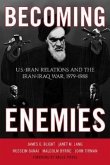The Look East-turned Act East Policy of India is the decades old articulation of India's Southeast Asia policy. Officially unveiled in 1990s, the Look East Policy was generally seen as an economic initiative of the Indian policy makers to salvage the country suffering from chronic economic crisis during the early days of post Cold War era. This was phase 1 of Look Eat Policy. Phase 2 started in the eve of new millennium when India added the strategic angle to the policy with reference of security cooperation with the ASEAN countries. During this time, there was an upsurge in the security related cooperation between India and ASEAN, particularly in the maritime field. India, in the new millennium, associated herself with every grouping in Southeast Asia, ASEAN Regional Forum (ARF), ASEAN Defence Minister Meeting Plus (ADMM+) and East Asia Summit. Today, India is emerging as an important actor in the East Asian geopolitics. It all started with the Look East Policy, initially focusing on Southeast Asia, which has now transcended its border expanding to the Asia Pacific geopolitical scene. In this context it is important to evaluate India's Southeast Asia policy since 1947. The question is when did independent India look East? Was it after the end of the World War II and the beginning of the Cold War or after the end of the Cold War and the beginning of the post-Cold War era? The scholars are unanimous that India's engagement with Southeast Asia, diplomatic, strategic and economic, started with the introduction of Look East Policy in 1990s which is now renamed as Act East Policy. But is it so? This book is an attempt to study the decades old Look East Policy, which is now renamed as Act East Policy, from this angle. This study is an attempt to evaluate the strategic aspect of the Look East Policy of India in retrospect, since 1947.
Hinweis: Dieser Artikel kann nur an eine deutsche Lieferadresse ausgeliefert werden.
Hinweis: Dieser Artikel kann nur an eine deutsche Lieferadresse ausgeliefert werden.

